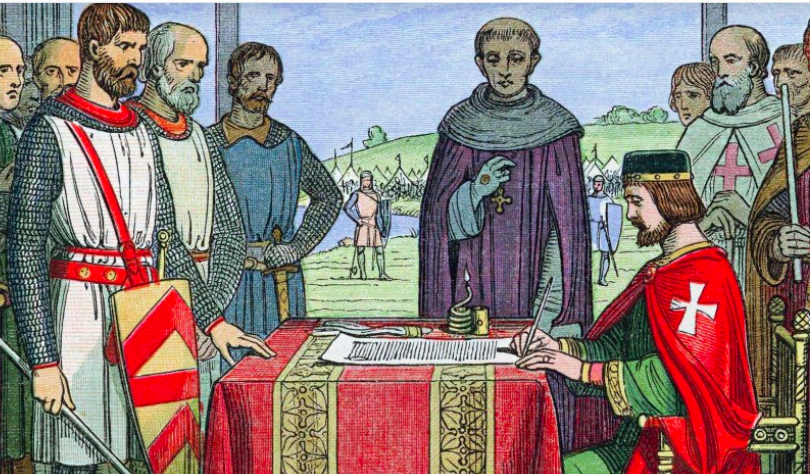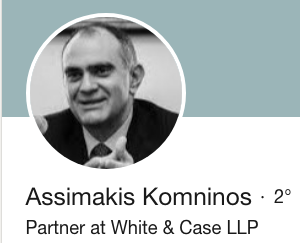ITALIAN AND ENGLISH VERSION

Nel 2017 Amazon tenne tre giorni di incontri presso la sua sede centrale di Seattle con i rappresentanti di decine di brand di beni di consumo. A quel richiamo, numerosi marchi – alcuni molto famosi – risposero iniziando a vendere i loro prodotti attraverso le piattaforme di Amazon. Ma c’era un trucco, iniziato già nel 2009.
In quell’anno comparve infatti sul sito del gigante di Seattle una pila che mostrava un nuovo marchio: Amazon Basics. Si trattava del primo marchio di proprietà di Amazon. In pochi anni, le pile Amazon Basics hanno conquistato quasi un terzo delle vendite, superando Energizer e Duracell. Amazon non rilascia dati ufficiali sulle vendite dei prodotti dei marchi di proprietà, e così abbiamo provato ad analizzare il portafoglio di tali prodotti. I numeri sono sorprendenti: oltre 400 marchi che coprono venti categorie, per un totale di oltre 23mila prodotti.
È legittimo chiedersi il motivo per cui Amazon, da una parte, invita i brand a entrare nel suo store digitale e poi crea marchi per competere con quegli stessi brand. E la risposta a questa domanda è semplice. Quando qualcosa viene venduto su Amazon, chi è il proprietario dei dati? E chi possiede la relazione con il cliente? Se avete risposto “Amazon” a entrambe le domande, avete centrato la questione.
FONTE: 
In 2017, Amazon held three days of meetings at its Seattle headquarters with representatives from dozens of consumer goods brands. At that recall, numerous brands – some very famous – responded by starting to sell their products through Amazon’s platforms. But there was a trick, which began as early as 2009.
In fact, in that year a stack showing a new brand appeared on the Seattle giant’s website: Amazon Basics. It was the first brand owned by Amazon. In just a few years, Amazon Basics batteries have captured nearly a third of sales, surpassing Energizer and Duracell. Amazon does not release official data on the sales of the products of the proprietary brands, and so we tried to analyze the portfolio of those products. The numbers are surprising: over 400 brands covering twenty categories, for a total of over 23,000 products.
It is legitimate to ask why Amazon, on the one hand, invites brands to enter its digital store and then creates brands to compete with those same brands. And the answer to this question is simple. When something is sold on Amazon, who owns the data? And who owns the relationship with the customer? If you answered “Amazon” to both questions, you have got it right.
(Translation from the Italian edition: Romano Pisciotti)
BUSINESS & MARKETING



















